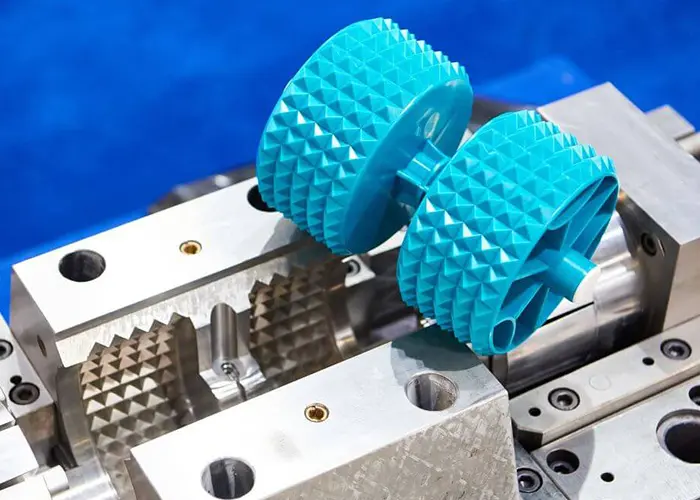Superior Material Versatility and Performance
Flexible plastic molding excels in its ability to work with a wide range of advanced polymer materials, each offering unique properties and performance characteristics. The process can accommodate materials with different Shore hardness ratings, from soft and rubber-like to semi-rigid formulations, enabling manufacturers to precisely match material properties to application requirements. This versatility extends to the incorporation of additives and modifiers that can enhance specific properties such as UV resistance, flame retardancy, or antimicrobial properties. The material selection process is backed by comprehensive testing and validation procedures, ensuring optimal performance in the intended application environment.

